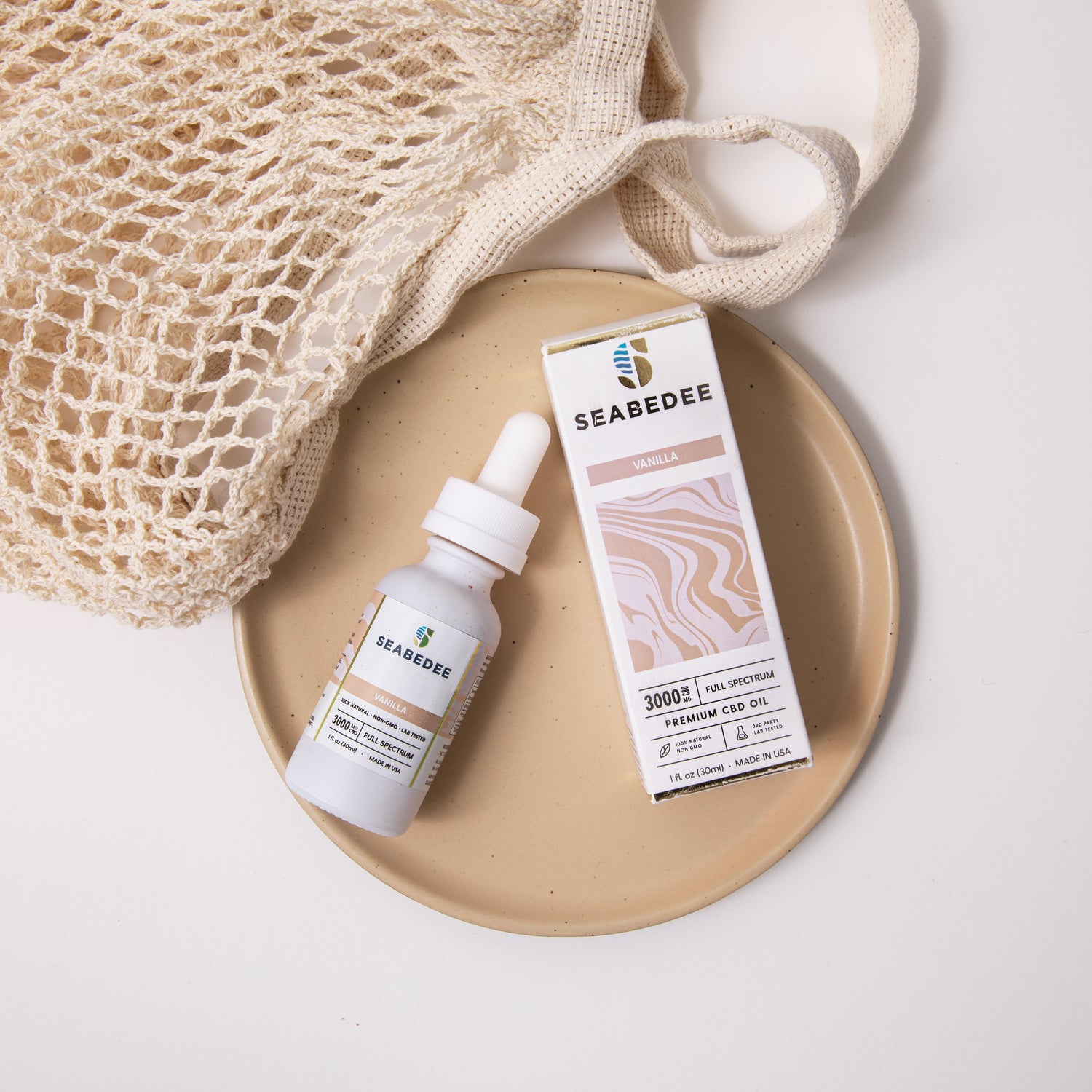CBD is a non-psychotropic component of the cannabis plant. Unlike its counterpart tetrahydrocannabinol (THC) consuming CBD either through ingestion or inhalation does not leave the user with a “stoned” or sedative feeling. Researchers have discovered many therapeutic applications for CBD’s for individuals with childhood epilepsy and several neurological disorders. Such treatments may be appealing to those apprehensive about the more intoxicating effects of THC.
Although long-term research on the physiological effects of CBD on the human body is required a growing consciousness in both mainstream and alternative medicine circles say the utility of CBD is undeniable. Some of the observed side effects of CBD are sleepiness, decreased appetite, diarrhea, and fatigue. There is some evidence to suggest that CBD has potential interactions with sodium and potassium receptors which may have an influence on neural activity. Since CBD is a molecule found in nature and not synthesized in a laboratory environment it may have a more immediate effect on how cellular protein is produced.
As far as treatment in psychiatric disorders such as depression, anxiety, or post-traumatic stress disorder (PTSD) current pharmaceutical treatments are known to come with a wide range of unintended consequences. Perhaps CBD as a remedy for those disorders may have been overlooked for many decades. The lack of CBD research may be a product of poor legislation, social taboos attached to marijuana users, and the pharmaceutical industry’s effort to dominate its market-share of the mental health industry.
Although some laboratory manufactured drugs may have a long and continued history of treatment efficacy CBD is a substance worthy of the consideration of mainstream medical research.
The questions about CBD that require more clarity are (1) What are the long term effects of its use? (2) Is there an application for CBD in the short term? Could CBD be used as a sedative would be used on a patient suffering for an anxiety attack? Is CBD more like a vitamin meant to be taken regularly?
This Begs the Question
If plant-based substances are a closer match to human physiology are plant-based treatments more effective than lab synthesized drugs? Is CBD a less invasive alternative to prescription drugs?
ONE-SIZE-FITS-ALL
With the attention being drawn to the use of CBD growing like wildfire one must understand there is no one-size-fits-all solution to the ailments people may have. Although CBD may have many potential applications – fundamental healthy habits including good sleep, exercise, and a balanced diet are still encouraged.
See Also



